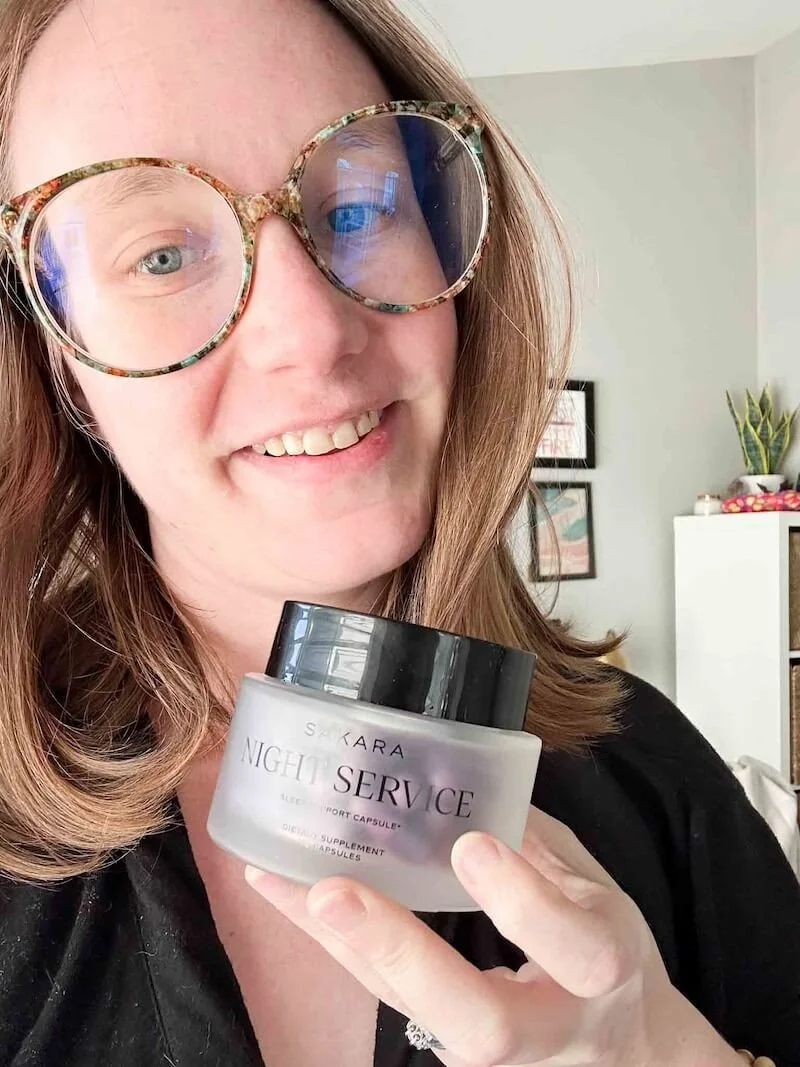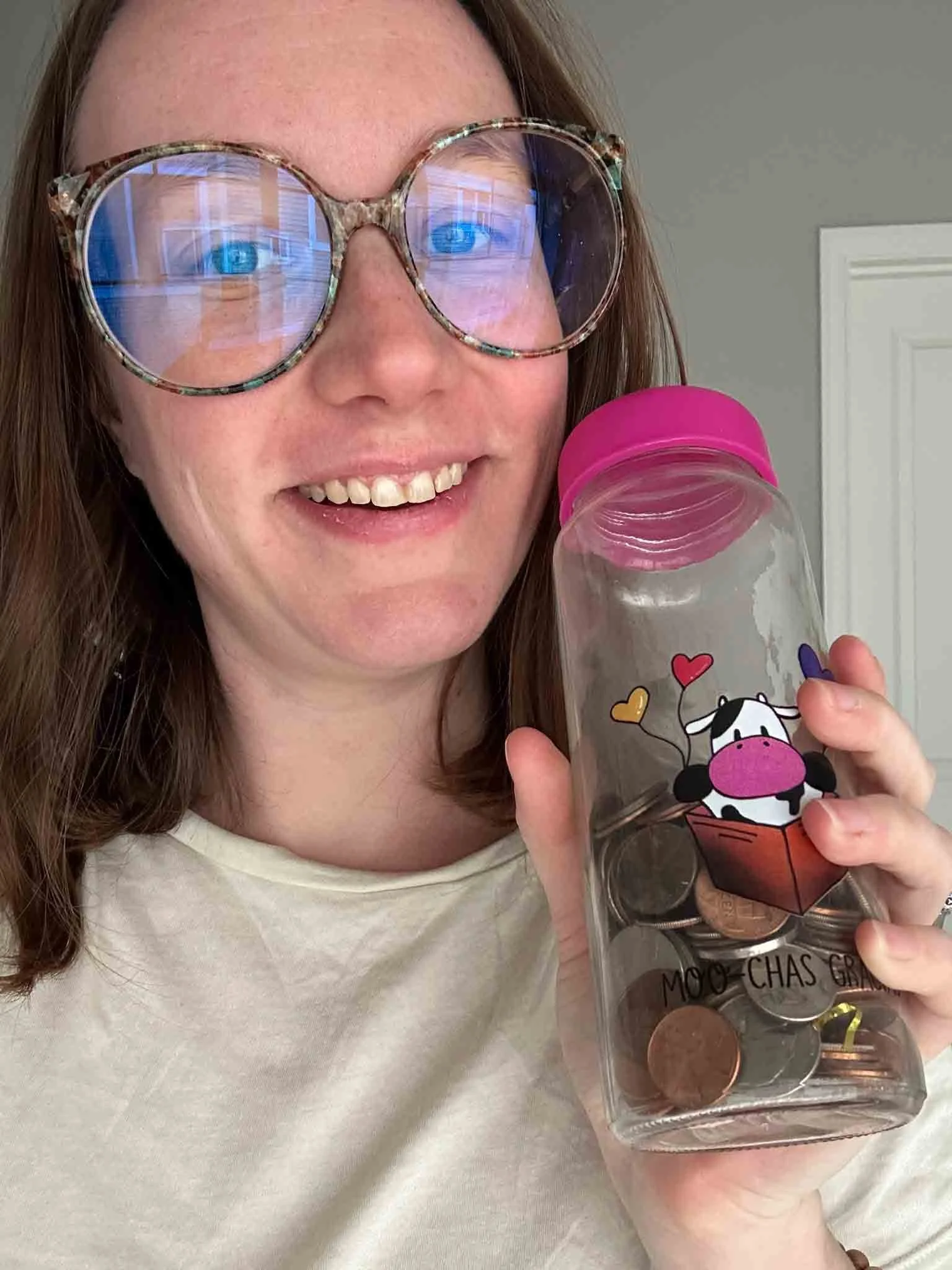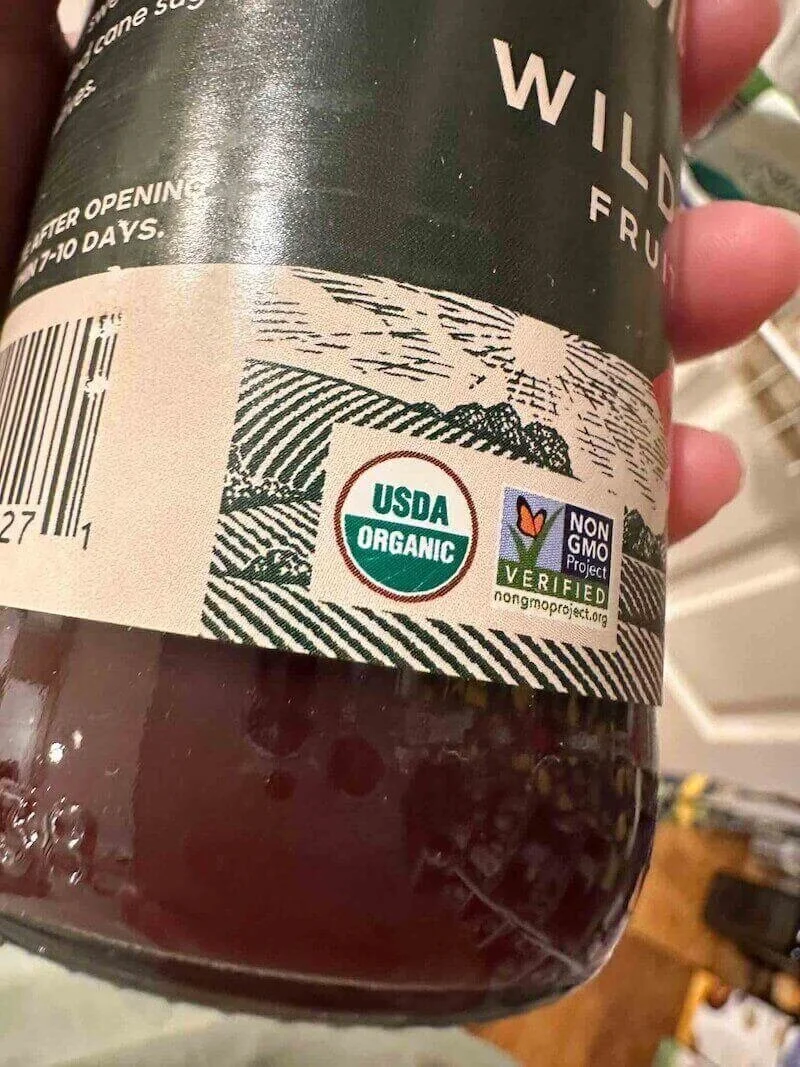Organic Tampons vs. Regular: What Should We Be Using?
Periods are not something freely talked about, but with the knowledge that conventional period products are impacting our planet and may pose a risk to our health, it’s even more important that we discuss it openly.
Chemicals in personal care products have become a growing concern, and this includes those found in tampons.
Typically made of cotton, rayon, or a blend of the two, the way these materials are manufactured exposes our bodies and the planet to harmful processes and products.
Unfortunately, what's in our tampons is not something that is taught in women's health education, so let's discuss organic period products and conventional period products.
Are Tampons Toxic?
When we think of traditional tampons being toxic, we usually think of the risk of Toxic Shock Syndrome (TSS).
It’s a rare complication that can occur in people of all ages. When it’s linked to tampon use, it’s important to note that it’s usually related to the absorbency of the tampon and how long it’s been in your body.
Both regular and organic tampons can cause TSS.
The concern with conventional tampon brands comes from the chemicals present in the product, as these may be absorbed by the vaginal mucosa and pass almost directly into your bloodstream.
What is the Health Impact of Tampon Materials on Women?
Conventional tampons used to be bleached with chlorine gas, which was found to contain dioxins, a known carcinogen.
This has since been abandoned and now elemental chlorine-free (ECF) bleaching or totally chlorine-free (TCF) bleaching agents are used in order to reduce the presence of dioxins.
Carbon disulfide, a known reproductive toxin, has been found in non-organic tampons using rayon.
Other toxins discovered in tampons include toluene, xylene, and methylene chloride, as well as pesticide residue, parabens, phthalates, triclosan, and chloroform.
These amounts are negligible , but they can be bio-accumulative, meaning they build up in your body over time.
The average woman spends about 40 years menstruating and using period products, so it’s certainly a matter that requires closer scrutiny.
Did you know there have even been tampon recalls? In 2018 the household brand Kimberly-Clark announced a recall of U by Kotex® Sleek® Tampons and Regular Absorbency.
This just shows how essential it is tampon users pay attention to the products they're purchasing.
What Materials in Tampons Should Consumers Avoid?
In searching for products that are free of the chemicals we want to keep out of (and off of) our bodies, we often turn to ingredient labels.
However, because tampons are classified as a medical device, a list of ingredients is not required.
With growing concern about what goes into making period products, brands are becoming more transparent and ingredients labels a little easier to find.
Search for tampons made from organic cotton, as well as chlorine-free options. Avoid fragranced products, as these may contain phthalates.
By avoiding these materials in conventional products you're reducing your exposure to the use of toxic pesticides.
Applicators are one of the greatest contributors to period products’ environmental footprint, so cutting these out can make an enormous difference.
If you need to use an applicator, try reusable options when possible or search for cardboard applicator or biodegradable applicators.
Why are Organic Tampons a Better Choice for the Environment and Our Health?
The main difference between regular cotton and organic is that organic cotton is grown without the use of pesticides, keeping toxic chemicals out of our bodies, as well as those of workers.
Pin this post for later!
It’s also better for the environment, as they’re not leached into water, soil, and air. However, bear in mind that growing organic cotton production still requires a lot of energy and water, and is physically demanding on workers.
Along with the absence of pesticides, tampons made from 100% organic cotton from source to final product do not contain bleaches or dyes which further decreases the presence of chemicals.
Organic products are known for being better for sensitive skin making organic tampon options a great option for anyone with sensitivity. They’re often also compostable in municipal composting facilities.
4 Organic Tampon Brands to Try
Due to the environmental impact and potential health risks of period products, a range of alternatives has come into the limelight. These include menstrual cups, period underwear, and even reusable pads and tampons.
Menstruation is a very personal and intimate process; if you’re more comfortable sticking to tampons, there are organic tampon companies to choose from that can make you feel safer and decrease your environmental footprint.
This post does contain some affiliate links which means The Honest Consumer may receive a commission if you decide to purchase, however, at no additional cost to you!
Rael Organic Tampons & Pads
Rael was founded by three Korean American women and creates products for all people who bleed.
Rael’s organic cotton tampons feature an organic cotton core, grown without the use of pesticides and free of chlorine bleaching. Plus, they have a BPA-free plastic applicator.
Rael also offers pads and other clean & eco-conscious period products.
This is my go-to brand of organic cotton pads.
Public Goods Organic Tampons & Pads
From personal care and household products to grocery and pet items, Public Goods has a wide selection of goods for consumers to choose from, including organic cotton tampons.
Driven by a passion for the planet, they keep sustainability in mind with all their products. Public Goods plants a tree for each new member, focuses on cutting out chemicals, and reduces plastic in their packaging.
They also support The Homeless Period Project, an organization supplying period packs to women living on the street and in shelters, as well as to schoolgirls who cannot afford them.
Natacare GOTS certified Organic Cotton Tampons
Starting in 1989, Natracare was founded as a way of providing more eco-friendly period products. This includes their tampons which are made from 100% GOTS-certified organic cotton.
They’re chlorine-free and use no plastic, rayon, or dyes. Natracare is a member of 1% for the Planet, supporting organizations like Women Engage for a Common Future (WECF).
LOLA’s Organic Cotton Period Products
Offering a variety of sexual health and period products, Lola was founded by women and focuses on natural and quality ingredients. Lola’s hypoallergenic tampons are made using 100% organic cotton.
The tampons are Global Organic Textile Standard (GOTS) certified and contain no synthetic fibers, chemical additives, fragrances, dyes, chlorine bleach, GMOs, pesticides, toxins, latex, or formaldehyde. Conscious consumers can also find organic pads , PMS essentials, products for menstrual cramps, and more.
Passionate about period advocacy, Lola has joined forces with Period Equity in the fight to end the discriminatory tampon tax and partnered with I Support the Girls to provide period products to women in need.
If you're looking for other more reusable menstrual products try period panties or a diva cup. These are a good option if you're looking to be even more sustainable and ditch tampons for good, totally a personal preference.
What is the Environmental Impact of Tampons?
Along with the potential health risks, are the negative impacts tampons have on the environment.
Regular tampons are disposable, single-use items that contain plastic. Since they are used regularly and, of course, thrown away, an inordinate amount of waste is created. In the United States, approximately 7 billion tampons are discarded annually.
These end up in landfills, where they emit the greenhouse gas methane.
When incinerated, toxic fumes are released and when they’re flushed down the toilet (a big no-no!) they can end up in rivers, streams, and oceans, contributing to water pollution taking all those harmful chemicals along with them.
It’s not only the plastic in the tampon – usually found in the string made of polyester or polypropylene, the wrapper, and some in the tampon itself – that’s a problem, there’s also the packaging, as well as applicators, which are made from polyethylene.
All of these can land up in waterways, contributing to plastic pollution. Regular tampons are not biodegradable and since they are classified as a medical device they constitute medical waste and do not need to be tracked.
It’s not only when tampons are disposed of that they have environmental impacts. When tampons are made, the processing of raw materials is required, which uses a lot of water and energy.
This problem is exacerbated by the production of applicators. The manufacturing of disposable period products generate a carbon footprint of about 15 million tons of greenhouse gas emissions.
Hopefully this guide helped you consider eco-friendly and organic feminine products and introduce you to some organic brands for your next menstrual cycle.
In the future hopefully we see more tampons made with biodegradable material and less synthetic materials as this would be beneficial to the environment and our health.
MEET THE AUTHORS
Claudia Hauter is a South African writer, copy editor, and content creator with degrees in Drama and Anthropology. She works in television managing web content. When she isn’t reading or writing, she’s walking her dog, finding small businesses and markets to support, or attracting butterflies and bees with her vegetable garden. Learn from Claudia on Twitter or Instagram.
Product Tester
Emily Waddell is the founder of The Honest Consumer. She has always been passionate about business for good and has a Bachelor degree in Social Entrepreneurship. She currently lives in Seattle where she practices imperfect sustainability. When she’s not writing, Emily enjoys supporting small businesses, clean eating, ethical fashion, and practicing slow living.
For more tips & tricks on sustainable living be sure to follow The Honest Consumer on social media, subscribe to our newsletter, & check out the Ethical & Sustainable Brand Directory.





















